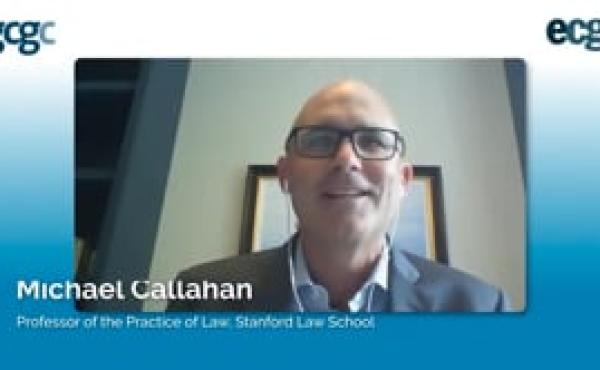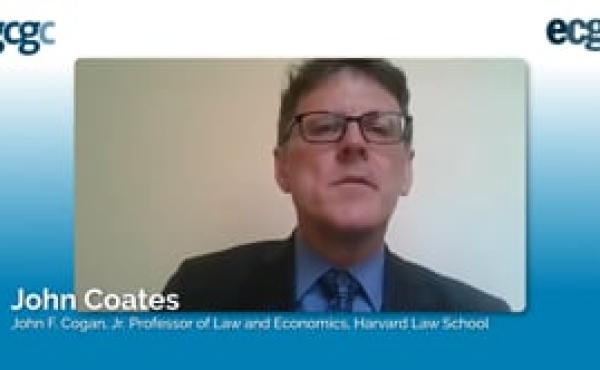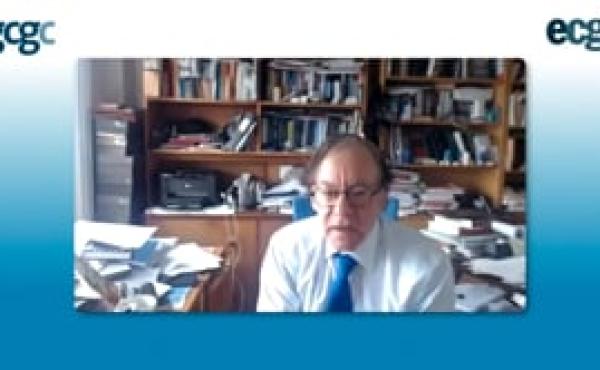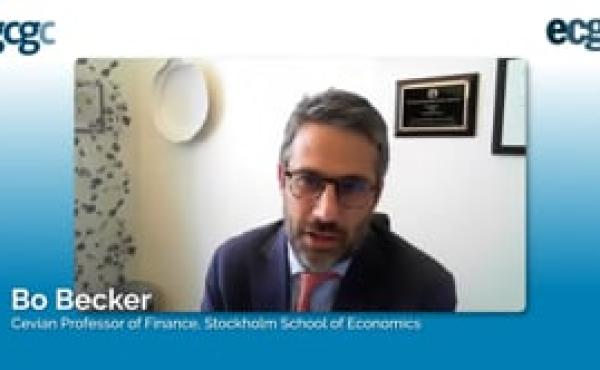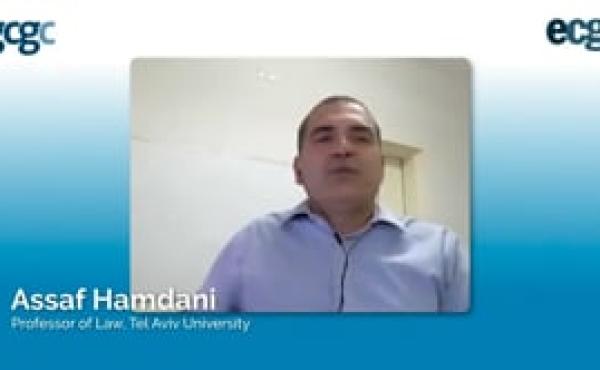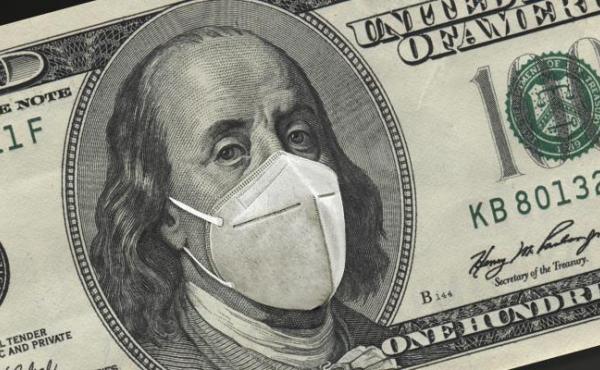COVID-19 and Corporate Governance

The Covid-19 pandemic is an unprecedented shock that has required unique responses from many corporations. Understanding how they have responded is of first-order importance for the fields of corporate governance, corporate finance and stewardship. While some insights begin to emerge, others will take time and depend on more complete data sets to become available, such as financial statements and governance records for 2020.
Such data typically comes from annual reports and proxy statements. US companies with a December 31 fiscal year hold their annual meetings in the spring. They typically file their annual reports by the end of March, but in 2019, some 30 percent of the 7,000 reports were filed in April and later. While firms also publish quarterly data, most release comprehensive annual data only 90 days after their fiscal year end, so the earliest date that a large sample of data on US firms will be available is April 2021. These dates may be similar or even later for firms in other countries.
It is already clear that the COVID-19 pandemic will have dire economic consequences, and collective thought is being applied to what policies can better ensure societies’ resilience and their quick and dynamic recovery once the crisis is over. Corporate governance scholars can help devise sound and effective policies for this purpose.
Possible sub-topics include:
· Corporate social responsibility in war-like times
· Corporate governance digitalization
· The role of institutional investors and stewardship
· Takeover defences and M&A trends
· Bond markets and bankruptcy
· Corporate purpose in times of crisis
· The governance implications of emergency laws and government bailouts
· Securities regulation (disclosure, short-selling bans, etc.)
· ESG and Impact investing
· Climate action finance
· Systemic risk and financial stability following exogenous shocks
This page is intended as a resource for corporate governance research and an understanding of the subject.







































